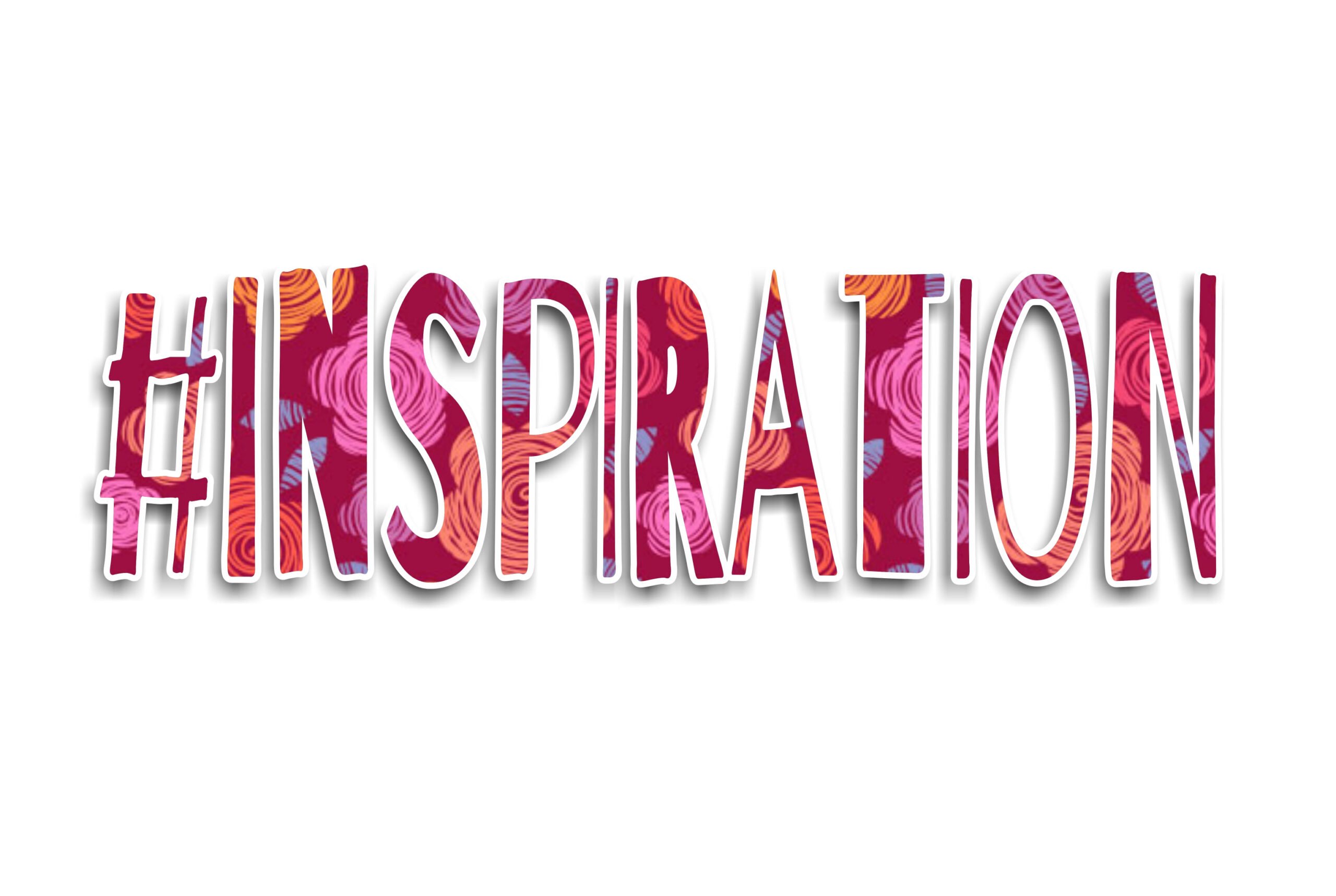In 2012 I was brought into a company to, amongst other things, set up a communication department for a section of its operations. The section was the most loathed, received consistent criticism, internally and externally and, like some service environments, was anonymous. Most people reporting complaints had never met or spoken to someone working in the department and often the blue-overalled helpers were unnamed and unknown – even to the bigger business – as they went about their work.
I realised quickly that, no matter what work we were going to do with brand redesign and with creating new messaging for the company, if we didn’t sort out what was happening internally and on delivery, it would be to no avail.
It was supposed to be a simple task, however it ended up being more about a demotivated workforce who had zero passion for what they were doing, often only spoken to when things went wrong. We needed to get to the root of what was going on or complaints, it was clear, were going to escalate and eventually this was going to hit the bottom line.
In meetings with the employees they expressed feeling invisible, unseen and on a lower rung than others in the more cerebral departments of the business. What was also clear was that the different divisions of the company didn’t themselves know each other.
I set up numerous interdepartmental workshops so that the entire company could, in small diverse groups, brainstorm how each section viewed themselves within the company. It was also a way to break down barriers and address deeper issues.
It soon became clear that each section was as important as the other. However, it was not this that brought about ultimate change and lifted morale, but instead the simple act of the company members learning each other’s names.
The company now had a CEO greeting a blue collar worker by name. Another manager learning to click appropriately when saying a Xhosa name, accents were respected, different cultures respected and biases began to drop by the wayside. A senior manager shaking the hand of a services’ department worker and saying the person’s name saw an energetic shift not only in the worker but also the manager.
I also began introducing the workers to the wider company via the power of stories in an internal newsletter. Did they know that one of the employers had been a street child When we brought humanity via words back into the business, things shifted. The employees began to feel seen, respected and, with that, we began to see a turnaround. How did we know this? Data showed that complaints relating to the work of the department dropped by 47 per cent within a six-month period and output increased by over 60 per cent.
Yes, words matter and none more so than a person’s name
Having started my career as a journalist in the turbulent ’80s and having gone on to train journalists, one of the basic teachings remains to get people’s names correct.
When I sat on the news desk reporters would sometimes return from a story with only someone’s first name, or give me two spellings of the same person’s name in the story. Not only because it meant we would get a barrage of calls with people unhappy if their names were misspelt but also getting names correct showed respect for the interviewee and also to your reader. It makes people feel valued.
Have you ever people-watched and seen a seemingly innocuous person be recognised by someone and have their name called out in a friendly gesture… watch the body language of the person who has been recognised the next time (granted of course that they were not trying to do something secretive) … there is a big positive difference in how the person carries themselves afterwards. I have noted a skip in the step or a more powerful body stance.
Much like saying, writing and using someone’s name correctly is a sign of respect, so too is the wording you put out to your clients and to the world.
Recently I proofread a document that a company had spent hundreds of thousands of rands commissioning and was aghast to see, at the final stages, words being spelled differently in different places, spacing not being correct in certain parts and even headlines that were riddled with unconscious bias.
The layout person got a bit gritty with me when I insisted on long not short dashes and that things be consistent – even in certain layout designs. It is difficult to try emphasise how important words and how we use them are. For someone trained in words for 40 years it is like listening to a symphony when words are placed and used correctly, when a right word is used instead of a fancy one; when not, it can feel like someone scratching their nails on a blackboard. Senses go into high alert, things do not feel right.
Now on a subconscious level this happens to your reader, potential client, as well. They may not be able to say there was a double space that irked them or something was not spelled correctly, but they may just not enjoy the read.
Yes there are clever ways to put things across that will enhance your chance of a sale – one interesting study I found showed that when a company changed ‘+cart’ to ‘add to cart” on their website, online sales shot up by 70 per cent – but just as important is the fact that you respect your readers and potential clients enough to send out clean content, with no typos, no mistakes, with a consistent tone and messaging that is not littered with internal speak.
Another important thing is not to make your reader work. You may talk in acronyms, but respect your reader and client enough to spell things out and be inclusive. The more your potential customer, client, reader understands what you can offer them – the more likely they are to go through the sales cycle. You also want to use words that trigger a positive emotional response and generate action.
In my current job in media, working with business and wealth content – I urge staff to write headlines that offer hope. Why? Because the world is in a tough enough space already and that is the tone we want to set.
When you are writing under your brand’s name be consistent about who you want to be in this world and what you want your brand to be remembered for – and then ensure you have a someone who can find the words that will get this across.
Well-known linguist Dr Maame Nikabs of LingLab Consult says subtle differences in language can either support or hinder your business.
And, she agrees, yes… words matter.

ASK YOURSELF THESE QUESTIONS:
What is the ultimate goal of my business?
What are the three feelings I would like my brand to evoke?
Does my tag line, the photos we use and the words we use align with this?
Do I have people on board who will disagree with me and make me think when it comes to the messaging we are putting out?
Do my values align with the values I want my business to portray?
Vivian Warby is a data-driven content and brand strategist who uses words to help companies transform. She is also an established writer, editor and writing coach. Her focus is on shift and transformation. She loves (beyond measure) playing and working with words and has been a professional writer and editor for decades. She works with clients in groups and also in one-on-one settings. Vivian works with corporates, NGOs, government, media and individuals from all walks of life. She has studied applied psychology and also works on an energetic level to create change that is felt on many levels. She runs numerous online and in-person workshops both locally and internationally. Contact her on vivian@wordwarrior.co.za

